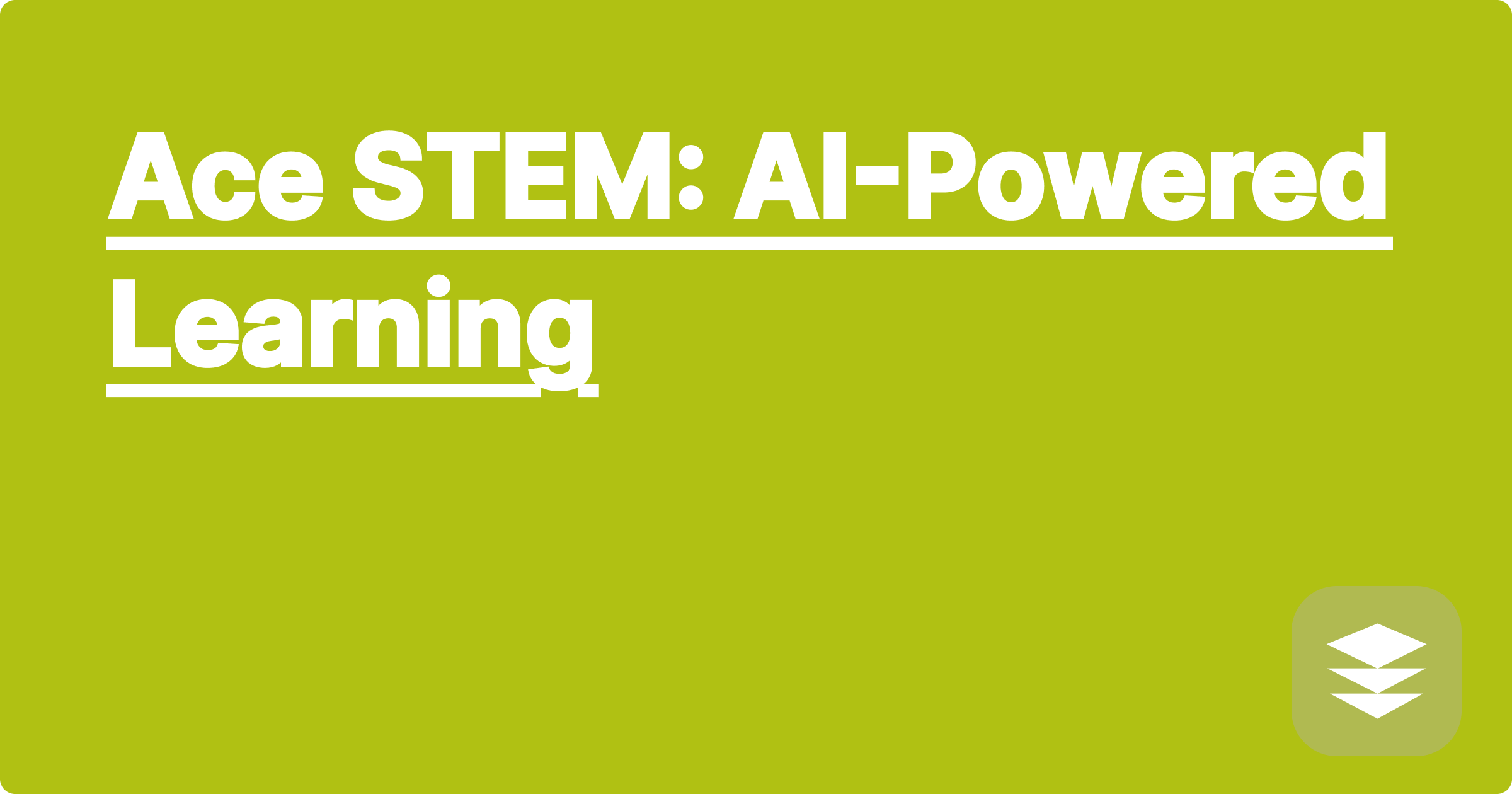
The world of STEM is demanding. Long nights in the lab, complex equations swirling in your head, and the constant pressure to innovate can feel overwhelming. But what if you had a secret weapon, a personalized tutor and research assistant available 24/7? That’s the power of AI. Artificial intelligence is revolutionizing how we learn and conduct research, offering a personalized, efficient, and accessible approach to tackling even the most daunting STEM challenges. This blog post will explore how you can leverage AI, including some lesser-known tools, to boost your academic performance, streamline your research, and ultimately, ace STEM.
For STEM students and researchers, time is a precious commodity. Balancing coursework, research projects, and personal life can be a constant juggling act. AI offers a solution by automating tedious tasks, providing personalized learning experiences, and accelerating the research process. Imagine having an AI partner that helps you manage your time, analyze complex datasets, and even generate creative solutions to research problems. This isn't science fiction; it's the reality of AI-powered learning and research. This blog will delve into practical strategies and introduce you to specific AI tools that can transform your STEM journey.
STEM fields are characterized by vast amounts of information, complex concepts, and the need for continuous learning. Traditional learning methods often struggle to keep pace with the rapidly evolving landscape. Students can easily get lost in a sea of textbooks, lectures, and research papers, struggling to connect the dots and apply their knowledge effectively. Researchers face similar challenges, spending countless hours sifting through literature, analyzing data, and writing reports. The sheer volume of information can be overwhelming, hindering productivity and innovation. This creates a real need for tools that can personalize the learning experience, automate repetitive tasks, and provide insights that accelerate the research process.
AI offers a powerful solution to these challenges by providing personalized learning experiences, automating tedious tasks, and augmenting human capabilities. Imagine having a virtual AI partner, or GPAI, that can help you plan your studies, analyze data, and even brainstorm research ideas. GPAIs can be created using advanced AI chatbots like ChatGPT or Claude. You can train your GPAI on your specific research area or coursework by feeding it relevant papers, lecture notes, and your own research data. This allows the GPAI to provide highly personalized insights and recommendations. For example, you could ask your GPAI to summarize a complex research paper, generate practice questions for an upcoming exam, or even help you identify gaps in your research. Beyond GPAIs, tools like Wolfram Alpha can be invaluable for complex calculations and data analysis, freeing up your time to focus on the bigger picture.
Creating and utilizing a GPAI is surprisingly straightforward. First, choose a suitable AI chatbot platform like ChatGPT or Claude. Begin by giving your GPAI a clear persona and purpose. For example, "My GPAI is an expert in organic chemistry and will help me prepare for my exams and conduct research in synthetic pathways." Next, start feeding your GPAI relevant information. Upload lecture notes, research papers, and any other relevant materials. The more information you provide, the more personalized and effective your GPAI will become. Once your GPAI is trained, you can start interacting with it. Ask it questions, request summaries, and even brainstorm ideas. You can also use your GPAI to manage your time by setting deadlines and receiving reminders.
Imagine you're struggling with a particularly challenging concept in quantum mechanics. You can ask your GPAI to explain the concept in simpler terms, provide relevant examples, and even generate practice problems. Or, suppose you're conducting research on the effectiveness of a new drug. You can use your GPAI to analyze clinical trial data, identify trends, and even generate hypotheses for further investigation. Beyond GPAIs, tools like Wolfram Alpha can be used for complex calculations, data visualization, and even generating code snippets. For example, you can use Wolfram Alpha to solve complex integrals, visualize protein structures, or simulate physical phenomena.
To maximize your academic success with AI, start by identifying your specific needs and challenges. Are you struggling with time management? Do you need help understanding complex concepts? Once you've identified your needs, you can choose the right AI tools and strategies. Remember to be proactive in training your GPAI and experimenting with different AI tools. The more you use these tools, the more effective they will become. Don't be afraid to ask for help and feedback from your professors and peers. AI is a powerful tool, but it's most effective when used in conjunction with human guidance and collaboration. Consider exploring lesser-known AI tools like Semantic Scholar for literature reviews or Elicit for research question refinement. These specialized tools can provide a significant edge in your academic pursuits.
One of my biggest wins using AI was in preparing for my physical chemistry final. I used my GPAI to generate practice questions based on my lecture notes and textbook. By consistently practicing with these AI-generated questions, I was able to identify my weak areas and focus my study efforts. The result? I improved my score by 15% compared to the midterm. In research, I've leveraged AI-powered data analysis tools to process large datasets in a fraction of the time it would have taken manually. This allowed me to focus on interpreting the results and drawing meaningful conclusions.
By strategically integrating AI into your workflow, you can significantly improve your academic performance and research productivity. Start by experimenting with different AI tools and strategies. Find what works best for you and incorporate it into your daily routine. The future of STEM learning and research is here, and it's powered by AI. Don't get left behind. Embrace the power of AI and unlock your full potential.
AI for Labs: Speed Up Research
AI Homework Helper: STEM Made Easy
AI Design Tools: Engineering Made Fun
AI Solver: Conquer STEM Problems
AI Flashcards: Master STEM Concepts
AI for Data: Analyze STEM Data